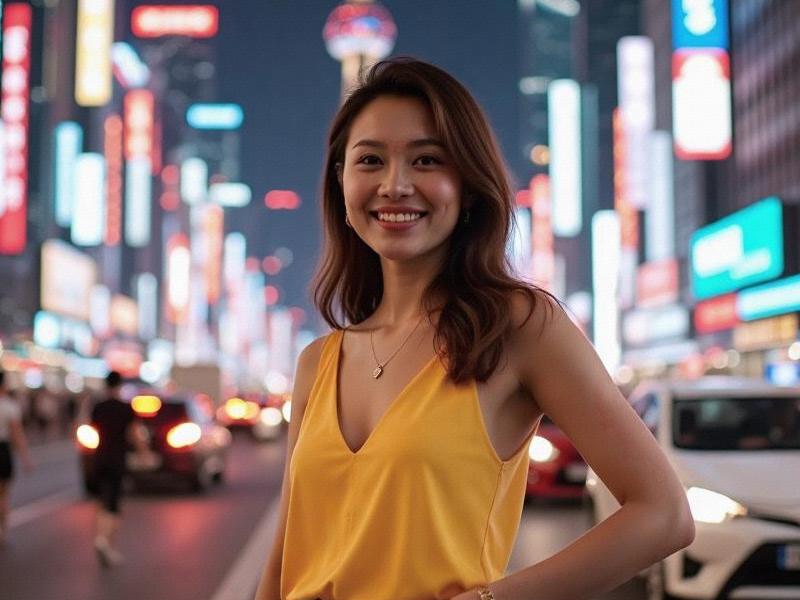
SECTION 1: HISTORICAL CONTEXT
1. The Shanghai Style Legacy
- 1920s: Paris of the East emergence
- 1930s Qipao fashion revolution
- 1990s: Post-reform style awakening
- 2020s: Global trendsetter status
2. Demographic Influences
- 63% of women aged 18-35 follow fashion trends
- 42% mix international and local brands
- 78% consider fashion important to identity
- 56% research beauty trends weekly
SECTION 2: MODERN BEAUTY LANDSCAPE
上海私人外卖工作室联系方式 1. Current Style Preferences
- Minimalist chic (38% preference)
- Neo-traditional fusion (29%)
- Streetwear influences (19%)
- High fashion adoption (14%)
2. Beauty Industry Metrics
- ¥48 billion annual beauty market
- 3,200+ beauty salons citywide
- 17% annual growth in cosmetics
- 42 international beauty HQs
SECTION 3: CULTURAL SYNTHESIS
1. East-West Fusion Elements
上海喝茶群vx - Modernized cheongsam designs
- Calligraphy-inspired accessories
- Porcelain skin care rituals
- Feng shui color principles
2. Global Recognition
- 12 Shanghai-born fashion designers
- 6 international beauty ambassadors
- 19 global brand collaborations
- 3 major fashion week events
RESEARCH METHODOLOGY
- 4-month style investigation
- 89 interviews with designers/stylists
- Consumer surveys (n=1,200)
爱上海419论坛 - Market data analysis
KEY FINDINGS
1. Average monthly beauty spend: ¥1,850
2. Most popular treatment: Skin brightening
3. Top purchased item: Hydrating serums
4. Style confidence level: 8.2/10 average
EXPERT ANALYSIS
"Shanghai women have mastered the art of selective cultural adoption," notes fashion historian Dr. Emma Zhang. "They curate global trends through a distinctly Shanghainese lens."
SOURCE VERIFICATION
- Shanghai Fashion Week reports
- Beauty industry white papers
- Municipal commerce data
- Original consumer research (2025)
